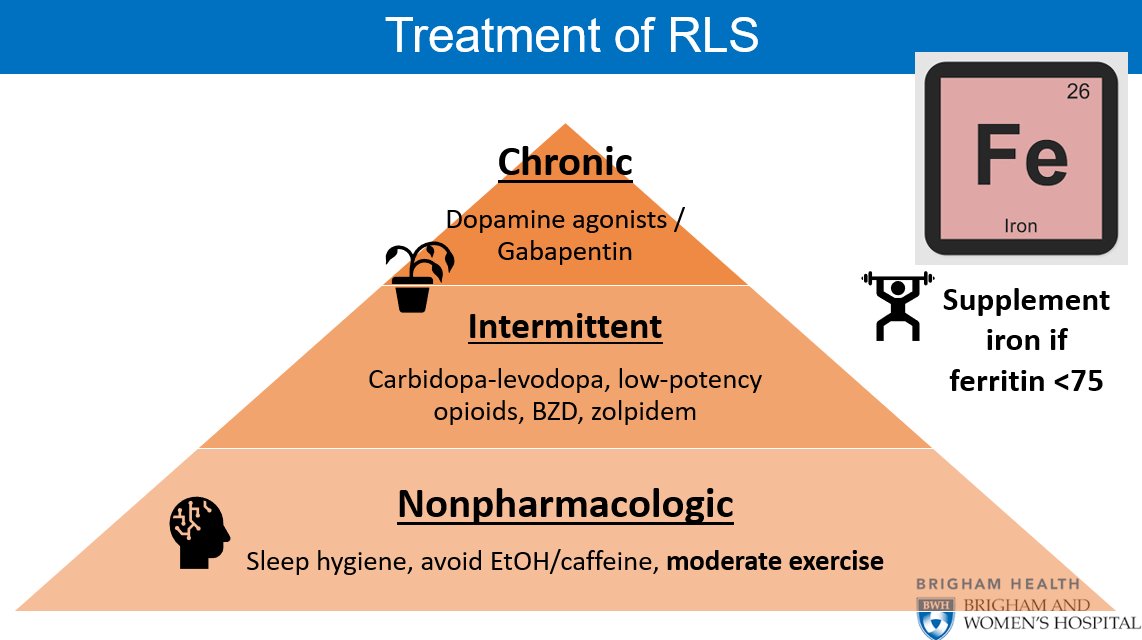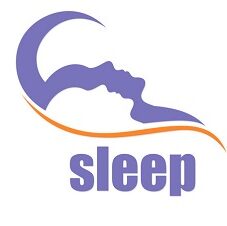Introduction
Restless Leg Syndrome (RLS), also known as Willis-Ekbom Disease, is a neurological disorder characterized by an irresistible urge to move the legs. This condition often leads to an uncomfortable sensation and an overwhelming need to shift or walk around. RLS can severely disrupt sleep patterns and affect daily activities, causing significant distress for those who experience it.
Understanding Restless Leg Syndrome
Restless Leg Syndrome (RLS), also known as Willis-Ekbom disease, is a neurological condition characterized by an irresistible urge to move the legs. This condition often occurs during periods of rest or inactivity, leading to significant discomfort and sleep disturbances. RLS affects approximately 10% of the population and can vary in severity.
Causes of Restless Leg Syndrome
1. Genetic Factors
Research suggests that genetics play a significant role in the development of Restless Leg Syndrome. Individuals with a family history of RLS are more likely to develop the condition themselves. Specific gene variations, such as the BTBD9 gene, have been identified as potential contributors to RLS.
2. Iron Deficiency
An inadequate supply of iron in the body can lead to restless leg syndrome. Iron is essential for the proper functioning of dopamine, a neurotransmitter involved in the regulation of movement. Low iron levels can disrupt dopamine signaling, triggering the symptoms of RLS. It is important to ensure sufficient iron intake through a balanced diet or supplements, especially for individuals with RLS.
3. Pregnancy
Restless Leg Syndrome is common during pregnancy, particularly in the third trimester. Hormonal changes, increased blood volume, and alterations in iron metabolism can contribute to the development or worsening of RLS symptoms in pregnant women. Consultation with a healthcare professional is recommended to manage RLS during pregnancy effectively.
4. Chronic Health Conditions
Several chronic health conditions are associated with an increased risk of Restless Leg Syndrome. These include kidney disease, diabetes, Parkinson’s disease, and peripheral neuropathy. It is essential to address and manage the underlying health conditions to alleviate RLS symptoms effectively.
Managing Restless Leg Syndrome
1. Lifestyle Modifications
Implementing certain lifestyle changes can significantly improve RLS symptoms. Regular exercise, particularly aerobic activities like walking or swimming, can alleviate symptoms and promote better sleep. Maintaining a consistent sleep schedule and practicing relaxation techniques, such as yoga or meditation, can also help manage RLS.
2. Medications
For severe cases of Restless Leg Syndrome, medications may be prescribed to alleviate symptoms and improve sleep quality. Dopamine agonists, such as pramipexole or ropinirole, are commonly prescribed to increase dopamine levels in the brain and reduce RLS symptoms. However, these medications should be used under the guidance of a healthcare professional.
3. Iron Supplementation
If iron deficiency is identified as a contributing factor to RLS, iron supplementation may be recommended. Iron supplements can help restore iron levels in the body and alleviate symptoms. It is crucial to consult with a healthcare professional before starting any iron supplementation regimen to ensure proper dosage and avoid potential side effects.
4. Alternative Therapies

Various alternative therapies can complement traditional treatments for Restless Leg Syndrome. These include massage therapy, acupuncture, and transcutaneous electrical nerve stimulation (TENS). While these therapies may not provide a cure, they can help manage symptoms and improve overall well-being.
Restless Leg Syndrome: Causes and Management
Summary
Restless Leg Syndrome is a condition that affects the nervous system, causing an uncontrollable urge to move the legs. It can disrupt sleep, lead to fatigue, and impact overall quality of life. While the exact cause of RLS is still unknown, research suggests that both genetic and environmental factors play a role. Some common triggers include iron deficiency, pregnancy, certain medications, and chronic diseases like kidney failure or diabetes. Managing RLS involves a combination of lifestyle changes and medical interventions. This may include regular exercise, avoiding stimulants, adopting good sleep hygiene practices, and taking prescribed medications to alleviate symptoms. click to investigate If you suspect you have RLS, it is important to consult with a healthcare professional for an accurate diagnosis and personalized treatment plan.

Welcome to my website! My name is Jack Rosman, and I am a professional Dream Psychologist dedicated to helping individuals achieve better sleep, understand their dreams, and improve their overall well-being. With years of experience in the field, I am passionate about providing effective snoring solutions, sleep therapy, sleep supplements, and dream analysis to enhance the quality of your sleep and unlock the hidden messages within your dreams. Read More

